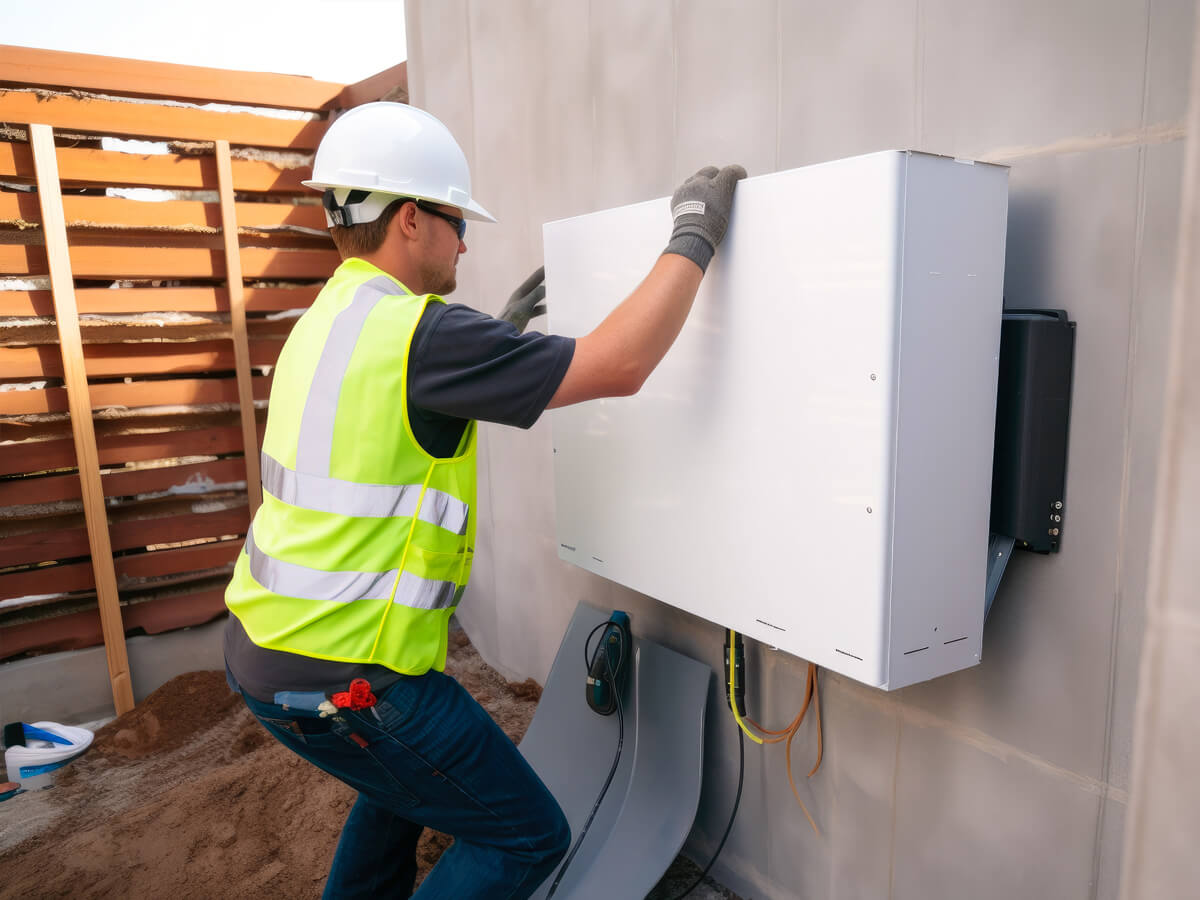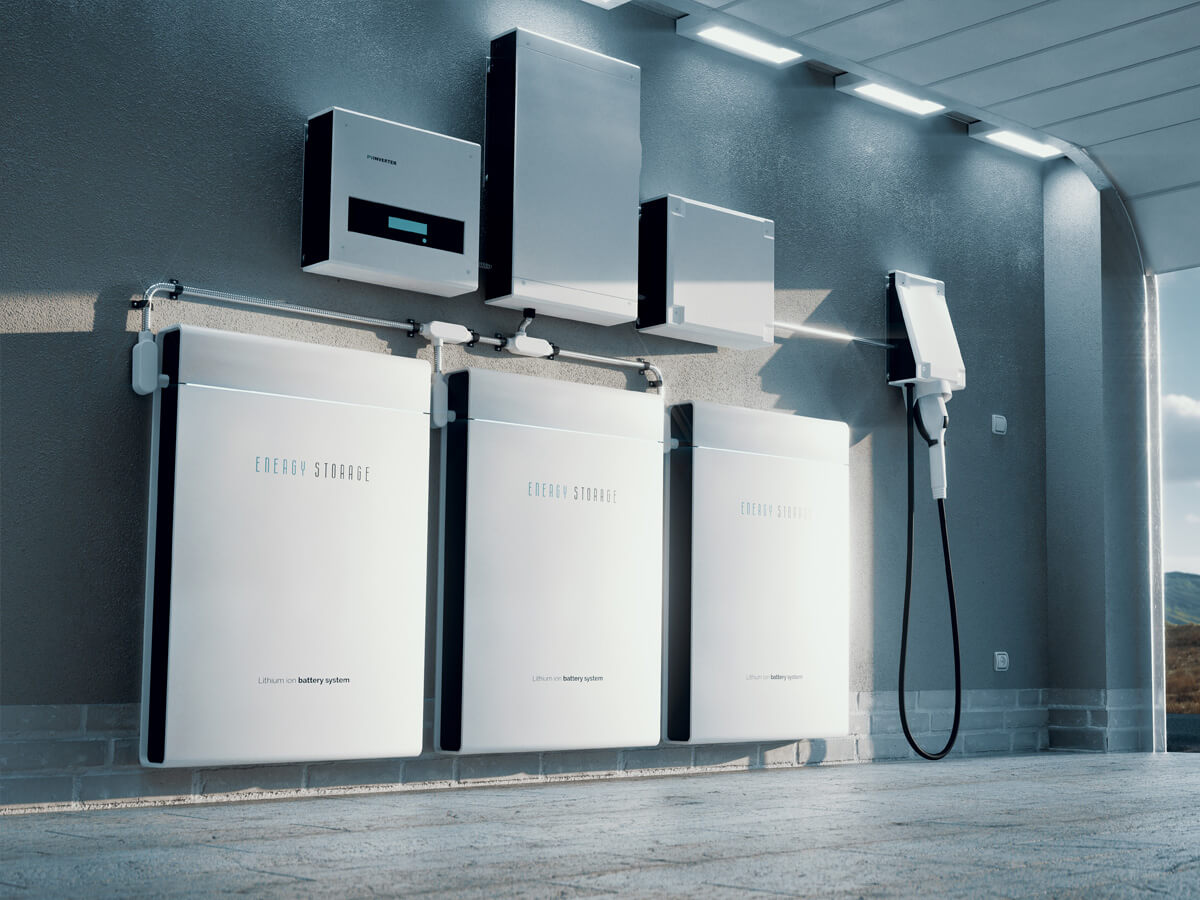Battery Storage
Battery Storage
A storage battery for solar energy, often referred to as a solar battery or solar energy storage system, is a device that allows you to store excess electricity generated from solar panels for later use. It is an integral part of a solar energy system and helps increase the self-consumption and overall efficiency of the system. Storage batteries play a crucial role in maximising the benefits of solar power systems. Batteries can also be charged up from the grid during the night enabling you to take advantage of these lower electricity rates by charging your storage battery during off-peak hours, using grid power at a lower cost. Depending on your utility provider and your location, there may be time-of-use (TOU) rates available. These rates offer different electricity prices based on the time of day. Typically, electricity is cheaper during off-peak hours, such as in the evening or at night.

About Us
Battery storage is great! We pride ourselves in providing advanced technology suiting your unique requirements. Our highly skilled team will help you work out what battery size is best suited for you based on your current usage and the output of your system. Whether you want to add a battery to an existing system or installing with one from the initial install, they add massive value to any system.
With energy prices rising this is a way to self-produce your own electricity rather than buying it through your current provider you can use in the evening what is generated throughout the day.

FAQs

